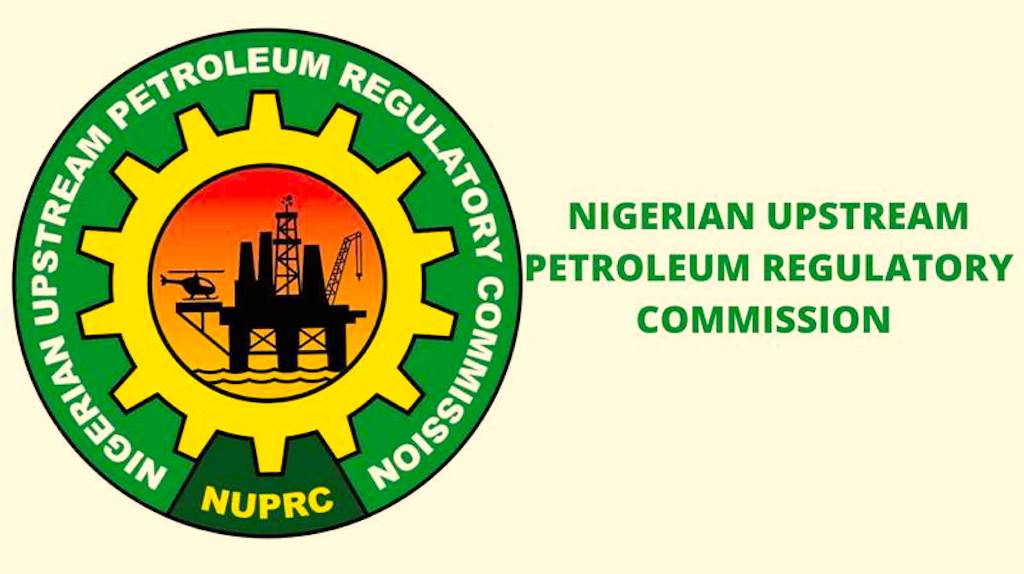By Ugo Inyama
Another day, another billion-dollar loan. The Nigerian Senate has approved a staggering $21.8 billion in new borrowing for the Tinubu administration (Premium Times, July 2025). The headlines are routine. The reactions are tired. But the consequences? They are dangerously real.
Behind this latest approval lies a critical choice: continue a debt culture that delivers little, or pivot towards a development model that delivers real value to everyday Nigerians.
We’ve been here before—billions borrowed, grand speeches delivered, contracts signed. Yet electricity remains unreliable. Roads are still epileptic—deadly in some areas. Hospitals are bare and ill-equipped. Industries lie idle. Nigeria’s problem has never truly been a lack of money. From the Federal Government to the States and down to Local Councils, it’s what we do—or fail to do—with it.
As of March 2024, Nigeria’s public debt stood at ₦121.67 trillion ($91.46 billion), including $42.1 billion in external borrowing (Debt Management Office, 2024). Now, we’re piling on even more—with no clear audit of what previous loans achieved.
Tangible Projects, Not Paper Promises
This borrowing cycle must not repeat the failures of the past. Every dollar must be tied to visible outcomes—projects that power homes, roads that move goods, broadband that connects communities, and hospitals that heal.
No more empty workshops. No more “capacity-building” seminars. No more white elephant projects. Nigerians deserve results, not ribbon cuttings.
Radical Transparency, Not Tokenism
We must shine a light on how these funds are spent. Nigeria needs a Loan Oversight Committee—independent, credible, and free from political interference. It should include civil society, financial experts, and community representatives.
We need regular public reports, open-access dashboards, and whistleblower protections. Transparency isn’t idealism—it’s how governance earns trust. BudgIT has shown this time and again (BudgIT, 2023). If we must repay these debts, we must be able to track them.
Borrow to Employ Nigerians
Loan-funded projects must create jobs for Nigerians. Too many contracts go to foreign firms that import both labour and materials, sidelining local industries.
That must change. All major contracts should mandate local content, skills transfer, and small business participation. A successful project should build both infrastructure and people.
Every Loan Needs a Payback Plan
Borrowing without a repayment strategy is reckless.
Every project must have a business case. If it’s a power plant—what’s the cost-recovery model? If it’s a road—where’s the economic multiplier? A loan without a return isn’t development. It’s a debt trap.
No More Prestige Projects
The era of borrowing for ego projects must end. No more towers without tenants. Airports without flights. Mega-projects with minimal public use.
Let’s build what truly matters: rural roads to support agriculture, working hospitals, digital hubs, and vocational centres. Nigeria loses $29 billion annually to infrastructure gaps (World Bank Nigeria Development Update, 2022). That’s where our money should go—not into monuments of mismanagement.
One More Misstep Could Break Us
Global lending is tightening. Our credit rating is under pressure (Fitch Ratings, 2025). Investor confidence is fragile. One more misstep, and we risk asset sales, unfavourable concessions, or outright debt distress.
This is no longer just about economics. It’s about dignity, credibility, and national survival.
Final Word: Build or Be Buried
Let this be the loan cycle that broke the curse. Let it be the one that turned debt into development. Let future generations say: “They finally got it right.”
Because if we don’t build now, we may not get the chance again.
Ugo Inyama
Commentator on African Affairs and Digital Governance
The post Nigeria’s New Loans: A Chance to Build a Better Nation appeared first on THISDAYLIVE.

